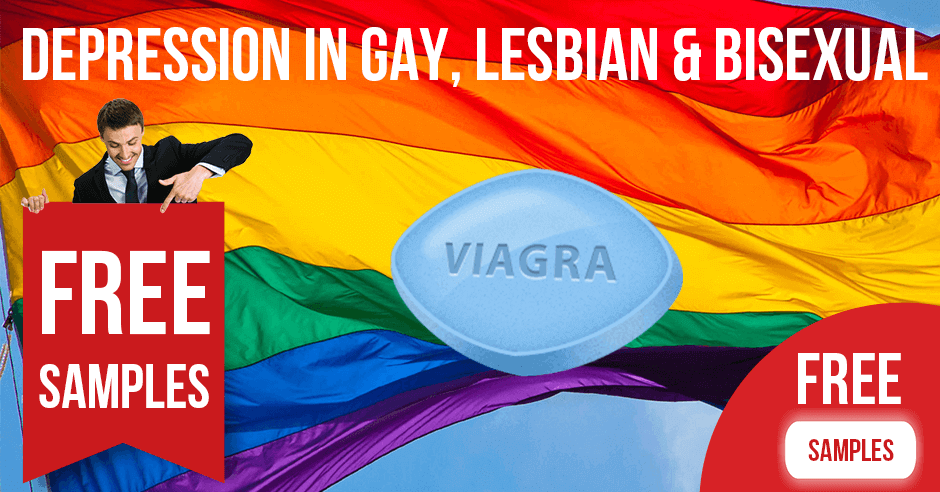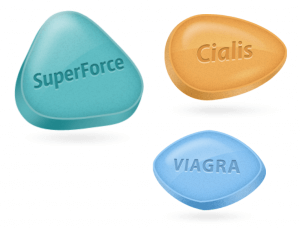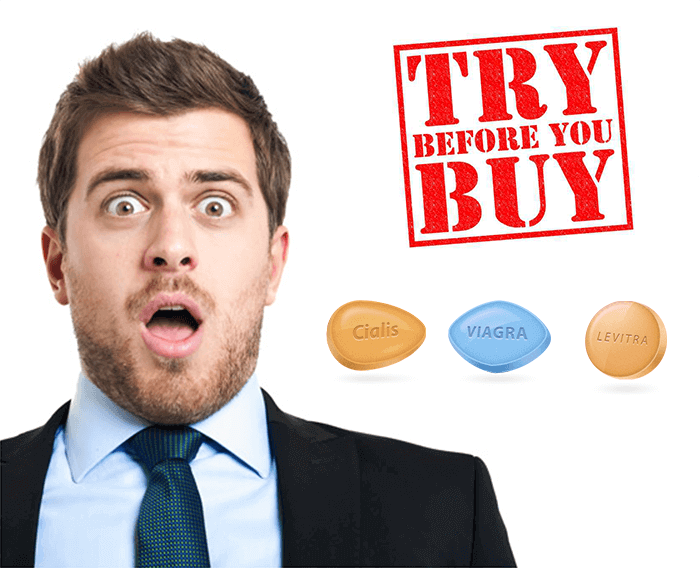Depression in Gay, Lesbian and Bisexual
Learn all about mental health problems and disorders in lesbian, gay and bisexual. What to do if you are gay and have depression? Answers to all questions you can find in this article.
Mental Problems in Gay, Lesbian, and Bisexual
Anxiety, depression and suicidal feelings are the norm in youth who are gays and lesbians. As a result, the rates of alcohol and drug use are higher among them. The poor levels of mental health in this subpopulation has always been linked to homophobic bullying and discrimination. This makes them fear to disclose their sexuality, especially when seeking medical attention. Plus, some factors such as religion and ethnicity that can further intensify their mental distress. In most cases, gay people experience mental problems because of rejection and hostility from family and friends and bullying at school. Harassment, violence, negative portrayal, lack of protection, and homophobic comments are other factors that aggravate their conditions. When this happens, they tend to isolate themselves, and this can even be more hostile to them considering they’re already depressed.

Experiencing these difficulties mean that gay and bisexual people are vulnerable to various mental health issues, such as:
- difficulty accepting who they’re and their sexual orientation;
- struggling to keep their sexual orientation secret;
- low-self esteem;
- high risk of suicidal feelings and self-harm;
- damaged relationships with friends and family;
- post-traumatic stress disorder due to long-term bullying;
- issues with premature ejaculation due to depression.
Some mental problems might also be worse in those gay people that are suffering from HIV.
Depression In Gay
In the U.S., depression in one of the most common mental disorders that affect millions of people every year. But, depression in gay people is even worse. The LGBT youth have higher rates of depression than the heterosexual population. They face fear and hatred in the community, school, and at home. It’s always a challenge for them to come out to friends, teachers, classmates, and family members.

Finding ways to overcome depression is important to your health and general life. Societal stigma, internalized homophobia, religion, and family rejection can be really suppressing. However, you can rise against these obstacles and accept yourself. Ideally, the first step towards getting peace of mind is acceptance, and this will make you feel more comfortable around other people.
What Does Statistics Say?
According to a report released by Gay, Lesbian & Straight Education Network (GLSEN) in 2013, up to 55 percent of LGBT youth reported that they feel unsafe at school due to their sexual orientation. The report also showed that 37 percent feared to express their gender openly and freely. UP to 64 percent usually face verbal harassment due to their sexuality while about 16 percent are victims of physical assault.
Due to these difficulties, an estimated 20 to 30 percent of LGBT people abuse substances, compared to about 9 percent of the general population. Also, 25 percent of the LGBT are into alcohol abuse, compared to about 5 to 10 percent of the general population. Another study also revealed that about 38 to 65 percent of gays and transgender people that experience suicidal feelings have long-term depression.
See the table below for CDC stats on LGBT students:
| Case | Percentage |
| Threatened or Injured LGBT students | 12 to 28 |
| Experienced dating violence | 18 to 28 |
| Forced to have sexual intercourse | 17 to 32 |
| Engage in substance abuse | 20 to 30 |
| Experience suicidal feelings | 38 to 65 |
| Attempted suicide at some point | 35 |
Some reports have shown that suicide is one of the common causes of death in gay and transgender people aged between 10 to 24 years old. GLSEN continues to provide data on LGBT community to help in improving their welfare. Every year, the network releases a report known as National School Climate Survey, which provides reports on the experiences and life of LGBT youth in schools.
What to Do if You Are Gay and Have Depression?

You can maintain good mental health by having a supportive family and friends. This helps you to deal with the day-to-day life and live a happy life. In some cases, it can be hard for the gay community to find social support from friends and family. When this happens, there are sports, community, religious, social and other groups that are open to LGBT community. Also, there are counseling groups that can help you to overcome depression.
How to Find a Provider
It’s common for gay and transgender people to fear to find help and support when they feel that they are likely to be discriminated, abused or bullied. These concerns are pretty understandable but don’t make them a reason for not finding help. Try to find someone you can trust, and you’re comfortable with to share your personal experiences. Join an LGBT community as this will also help you identify people they seek help from.
Today, things are fairly easier as there are LGBTQ-specific mental health treatment centers and health providers who are LGBTQ friendly. Speaking to a professional health provider is particularly important when you’re experiencing sexual problems such as ED (erectile dysfunction) or PE (premature ejaculation). In addition to recommending drugs such as Viagra, Cialis and Super P Force, great providers will help you through every challenge you experience

Depression in gay, lesbian and bisexual people can be quite suppressing to the point that it affects their lives completely. Finding support and accepting your orientation are some of the best ways to overcome rejection, discrimination, and homophobic treatment. It’s important to remember that you’re not alone and the general climate towards the LGBT community will continue to improve. More importantly, there are a wealth of resources out there to help you.

 Free Viagra Samples 10 x 100mg
Free Viagra Samples 10 x 100mg Free Levitra Samples 10 x 20mg
Free Levitra Samples 10 x 20mg Free Cialis Samples 10 x 20mg Online
Free Cialis Samples 10 x 20mg Online